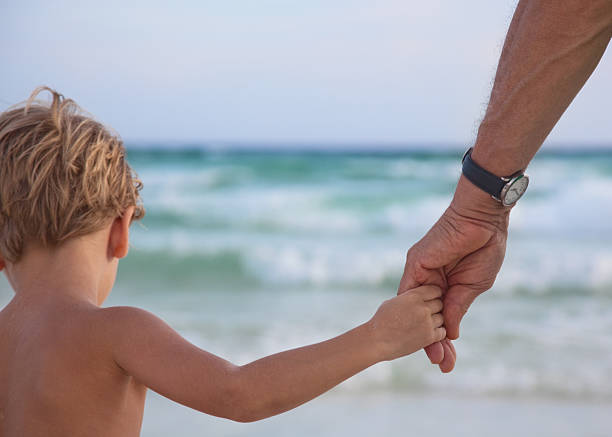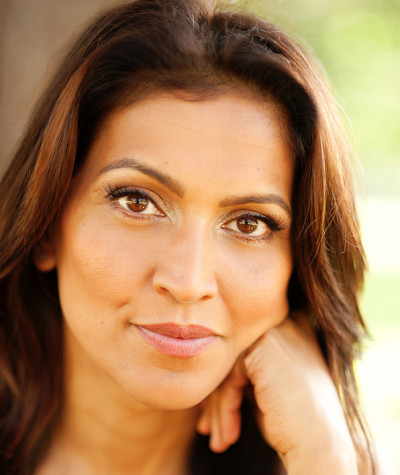Boys to Men
I was speaking to a peer the other day in conversation about motherhood, and she pointed out that “by the time boys are 13 years old the physical affection they are used to having as a child decreases exponentially”.
I’ve got three boys aged 6, 4 and 1.5 years and I was struck by the truth of her words. I’m aware that as a mother and female it’s important to recognise my young boys natural process of “coming of age” and to respect their increasing need for space and independence. Of course, I am yet to actually experience this, but I’m conscious of the desire to respect their transitions.
It affects me that children as young as 12 or 13 become differentiated between boys and girls when it comes to what is perceived as socially acceptable touch. Hugs between friends, arms around buddies, comfort when feelings of disappointment or self doubt strike. Why should it matter what your gender is when these feelings hit you like a freight train in those vulnerable years?
Today’s society normalises emotional dumbing down of our men. I recall myself how perplexed and unprepared I was when in my 20’s my boyfriend was upset and in tears and my complete lack of exposure to a grown man in this state.
There is work to be done in both men and women in our community to hold the space for boys as they transition into men and the permission to continue the free range of expression afforded to them in childhood.
As an actor I’m also privileged to work with others who play in a space where this is normal and where also I witness repeatedly young men having to work to access their right to express anger, fear and grief.
I’m finding as someone who didn’t grow up with men expressing vulnerability, being open isn’t my first response towards males expressing their rage or sadness even in children as young as 4 or 6. I’m also discovering in me it’s normal to have an instinct to placate, guilt trip or deflect these expressions in the moment.
The beautiful gift about being a mother of boys is that I get to fully ask myself as a women how can I best serve these young people and the answer I am getting is to follow their lead, respond (when I can) without shaming their form of expression and even going further to affirm that their feelings are valid and that I’m able to hold the space for them to have their expression. And when I’m really daring sometimes I remind myself this doesn’t just apply to the little people.
Written by Monique Kalmar
Life / Executive Coach
Psychology Pathways


